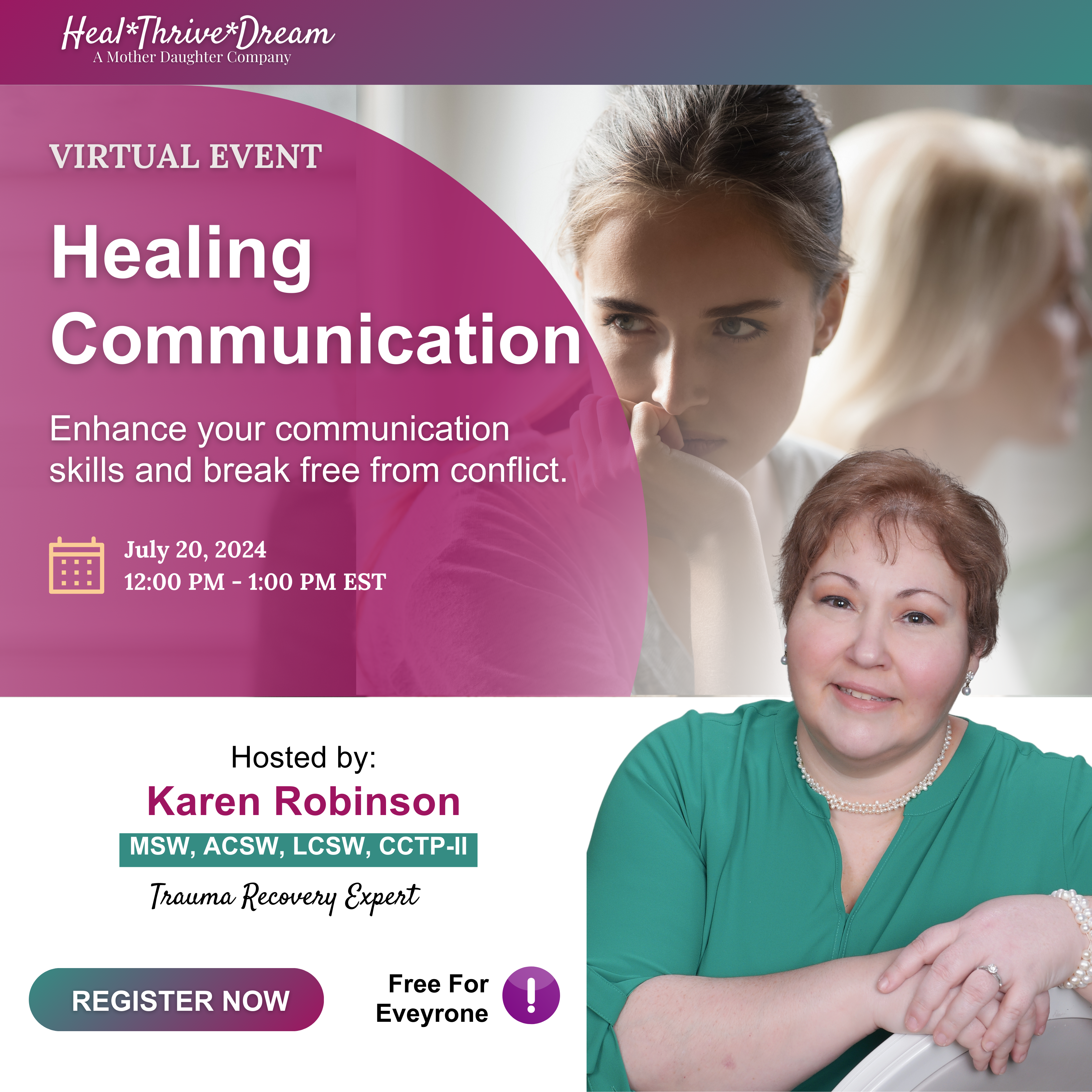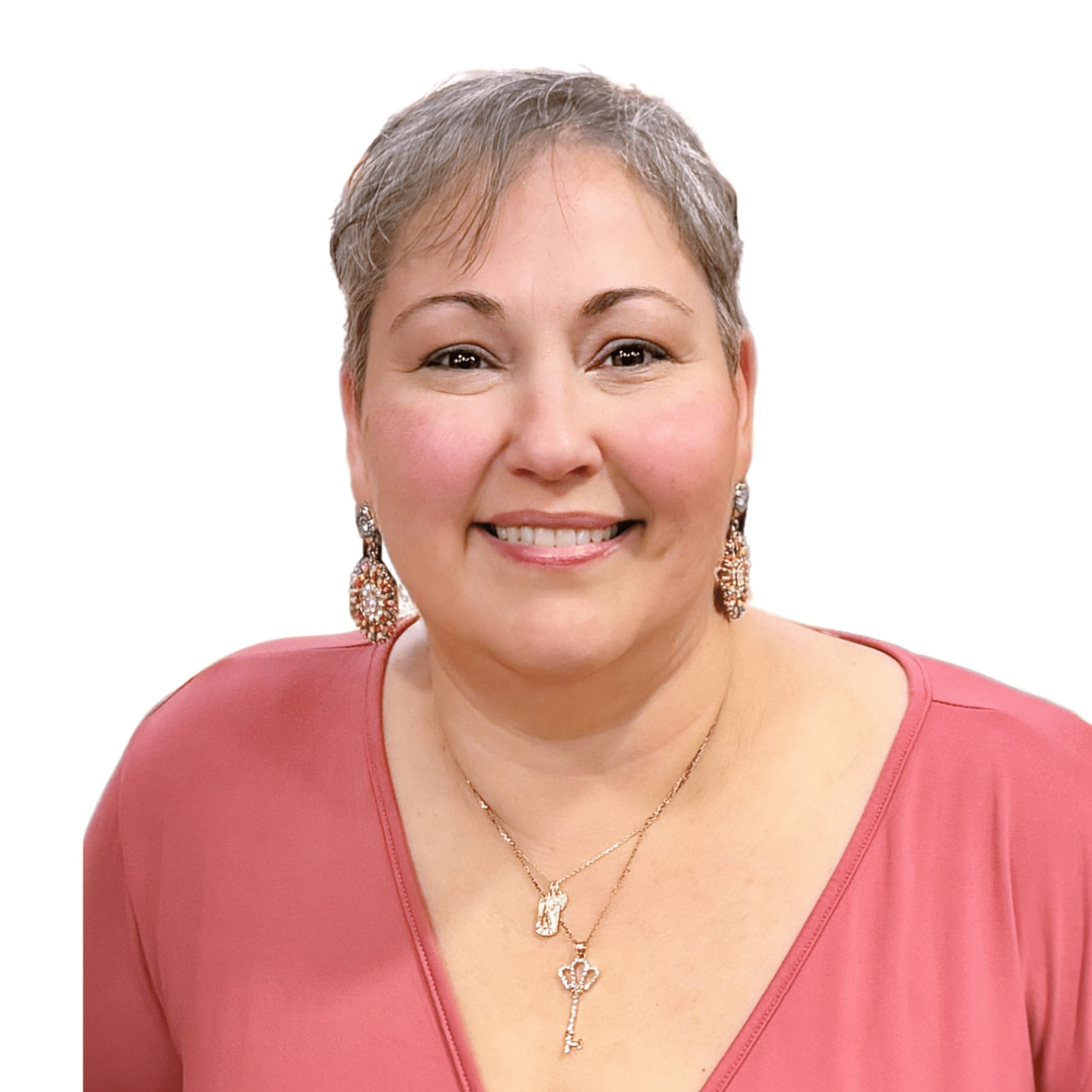Rediscovering Trust and Expression in the Aftermath of Trauma
Effective communication is key in healthy relationships. For trauma survivors, however, communication patterns can be affected by past abuse and traumas, making it challenging to express needs and emotions. Have you noticed this? Healing your communication patterns is a large piece in your recovery journey, allowing you to rebuild trust, focus on your connections, and use your voice. In this blog post, I will explore how trauma may impact your communication, the importance of addressing any of your communication challenges, and share practical strategies to empower you and other survivors in improving communication skills to improve your relationships.
Interested in learning more about this topic? Please attend my complimentary healing intensive. Click here to learn more: https://www.healthrivedream.com/communication/
There are many ways to work on your communication patterns. I have a few ways here:
Therapeutic or Professional Support
I think this is a no brainer, but therapy or a highly skilled coach is an excellent resource for working on your communication. One of the things I really like mentoring my clients on after teaching skills is role playing. It builds confidence and provides different perspectives for the client to try. It also helps immensely to heal trauma by processing it first through evidenced based modalities such as cognitive processing therapy.
Mindfulness and Meditation
Meditation again for the win! When you meditate or practice mindfulness skills, you are learning how to not only increase your self-awareness, but also will be able to not only tolerate your emotions, but also regulate your emotions. This directly improves your ability to communicate by decreasing your reactivity. Pretty cool right? I have witnessed this to be true with my clients who are already meditating consistently.
Psychoeducation
Learning about trauma's effects on communication will directly empower you to better understand why you communicate the way you do, and how to directly improve it in order to effectively get your needs met by expressing yourself in a healthy manner. Psychoeducation can be sought from your therapist, coach, classes, and great books. If you need book ideas, reach out and I will assist. I am also teaching a communication workshop. Sign up here: https://www.healthrivedream.com/communication/
Increasing Your Empathy
The most effective communicators are emphatic. You can’t show or demonstrate skills if you talk too much and listen too little. Becoming more empathetic is done by using your active listening skills by inviting more information, requesting clarification, and expressing genuine concern for the wellbeing of the other. When you practice empathy, you enhance not only your understanding of the other but improve connection as well.
Setting Healthy Boundaries
Many survivors struggle with setting boundaries. It takes practicing using your voice and learning how to be a confident self-advocate. This is another area to work on in therapy. I also love practicing with role plays in order to build confidence. Boundaries are often needed for both physical and emotional boundaries. Your voice is needed for both and I encourage you to practice setting boundaries in all of your relationships. Establishing and respecting boundaries with others allows you and others to feel safe and secure in your interactions.
Daily Journaling
Writing also empowers us in our communication practices. How I like to use journaling, is to practice writing out what I want to express. I then re-read several times, editing out anything inflammatory that would make the other feel defensive. Writing out what you want to say, empowers us to release frustrations, anger, and resentments. Writing about your experiences and your emotions will also aid in clarifying your thoughts and improve your self-expression. Need assistance with journaling, try journaling prompts.
Building Your Support Network
Please make sure you have healthy, positive people in your life to bounce ideas off and to seek their support when needed. Friends and trusted family members can encourage you to set boundaries, use your voice, and to feel more confident in all of your communication. Seeking encouragement and feedback from your support system is recommended.
Deeper Self-Care Practices
I feel like I harp on this area a great deal with my clients and those closest to me. I have struggled with this myself. It seems like the last thing on the to-do list as many of our work duties make it to the top of the list instead. Prioritizing self-care activities is important to maintain your emotional well-being and resilience. Deeper self care practices have been listed throughout this blog post. I would like to add that prayer and working on our spiritual pillar of wellbeing will ground or center you, making it easier to communicate effectively.
I have mentioned a few strategies in hopes to empower you to heal and enhance your communication abilities over time. Healing communication patterns will rebuild your life and foster growth in your relationships. Effective communication leads to greater understanding, trust, and emotional safety, which are essential for recovery. This blog post explores practical solutions to improve communication, such as active listening, expressing emotions clearly, and setting healthy boundaries. By adopting these strategies, you can enhance your interactions, reduce misunderstandings, and create a supportive environment that nurtures both your personal and professional healing and growth. Whether you’re a survivor or supporting one, the techniques listed will guide you toward more meaningful and healing conversations and connections..
Please join me at my next healing coaching intensive! https://www.healthrivedream.com/communication/
Healing Communication
20 July 2024, 12:00PM-1:00PM EST



